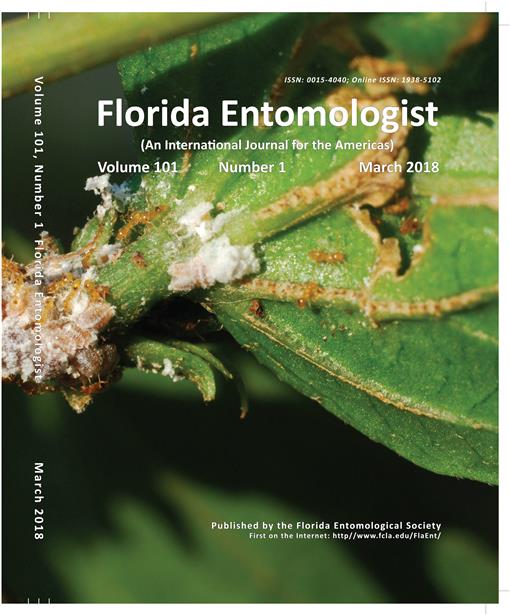The stingless bees of tribe Meliponini are efficient pollinators playing a key role in ecosystem services. Frieseomelitta Friese (Hymenoptera: Apidae: Meliponini) includes 16 Neotropical species, of which 6 are found in the state of Bahia, northeastern Brazil. In order to provide a refined cytotaxonomic analysis, we characterized the heterochromatin composition and variation among 6 Frieseomelitta species. All species shared a diploid number (2n) of 30 chromosomes. Frieseomelitta dispar Moure, Frieseomelitta francoi Moure, and Frieseomelitta meadewaldoi Cockerell (Hymenoptera: Apidae), presented GC-rich heterochromatic regions while Frieseomelitta sp.n., Frieseomelitta varia Lepelitier, and Frieseomelitta doederleini Friese (Hymenoptera: Apidae) were characterized by homogenous heterochromatin, without evidence of AT or GC-rich sites. The number and location of microsatellite repeats mapped by fluorescence in situ hybridization revealed interspecific variation. These data were useful to identify each species based on chromosomal markers, and represent important tools for clarifying the interspecific differentiation among Frieseomelitta species and for understanding the genome evolution in bees as a whole.
How to translate text using browser tools
1 March 2018
Heterochromatin Distribution and Chromosomal Mapping of Microsatellite Repeats in the Genome of Frieseomelitta Stingless Bees (Hymenoptera: Apidae: Meliponini)
Jádilla Mendes dos Santos,
Débora Diniz,
Tecavita Ananda Santos Rodrigues,
Marcelo de Bello Cioffi,
Ana Maria Waldschmidt

Florida Entomologist
Vol. 101 • No. 1
March 2018
Vol. 101 • No. 1
March 2018
abelhas sem ferrão
Citotaxonomia
Cytotaxonomy
fluorescent in situ hybridization
heterochromatin
heterocromatina
hibridação fluorescente in situ




